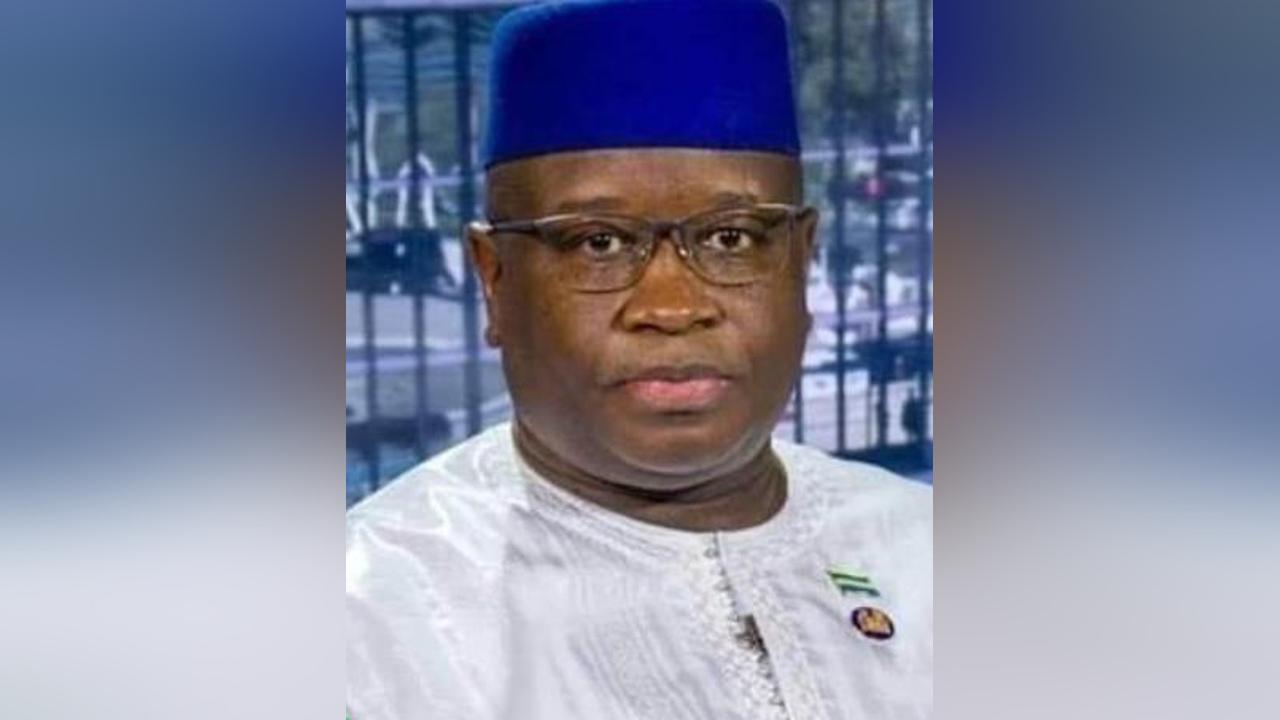Africa-Press – Sierra-Leone. Sierra Leone’s total public debt has risen to US$3.1 billion (approximately NLe 67.7 billion) as of December 2024, according to a recent presentation by Minister of Finance Sheku Ahmed Fantamadi Bangura to the country’s Parliament.
The figure includes US$1.8 billion in external debt and US$1.3 billion (NLe 28.4 billion) in domestic debt, reflecting growing concerns over the sustainability of the country’s public finances.
The Minister noted that debt service payments covering both interest and principal repayments consumed 50% of domestic revenues during the first half of 2025, significantly limiting fiscal flexibility. These payments have reportedly exceeded budget projections, primarily due to higher Treasury Bill interest rates and unexpectedly large repayments on maturing debt.
Minister Bangura, while presenting the Supplementary Budget and Statement of Economic and Financial Policies for FY2025 on July 29, emphasized that debt servicing has become a major obstacle to budget execution. He pointed out that the high volume of debt repayments is reducing the funds available for critical public services and development programs.
In response, the government has unveiled a set of debt management strategies aimed at mitigating the rising fiscal pressure. Key measures include reducing public sector borrowing through enhanced domestic revenue mobilization and better control of public spending. Additionally, the government plans to shift away from short-term, high interest Treasury bills toward longer-term Treasury bonds, some with variable interest rates, to help reduce refinancing risks.
Efforts are also being made to diversify the investor base for government securities by encouraging participation from non-bank financial institutions, such as the National Social Security and Insurance Trust (NASSIT). The Bank of Sierra Leone is expected to implement reforms related to the use of Treasury bonds in repo transactions, including applying stricter haircuts to mitigate liquidity and market risks.
The government further intends to introduce tighter regulatory guidelines for institutional investors and to increase efforts to attract more concessional external loans and grants from international development partners.
Sierra Leone’s debt situation, while not new, remains a significant concern. With rising interest payments and a constrained revenue base, the challenge for the government will be to implement its debt stabilization measures effectively while maintaining investment in sectors crucial for long-term economic growth.
For More News And Analysis About Sierra-Leone Follow Africa-Press






